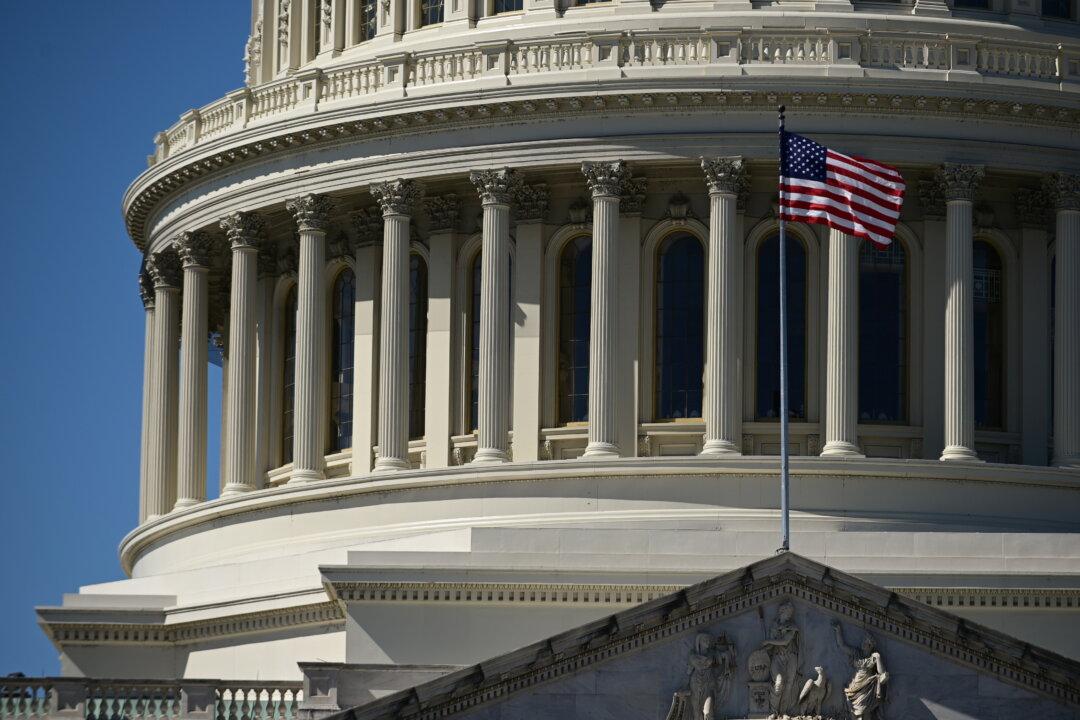The inspector general of the Capitol Police has told lawmakers that the forces’ response to the Jan. 6 breach on the U.S. Capitol was fatally obstructed when a senior official instructed officers not to use their most powerful weapons due to a lack of training with the equipment.
Michael A. Bolton, the inspector general for the U.S. Capitol Police (USCP), told a House committee on April 15 that officers were ordered not to use heavy, non-lethal munitions to repel the attack as they feared they would be misused and potentially cause “life-altering injury or death.”




